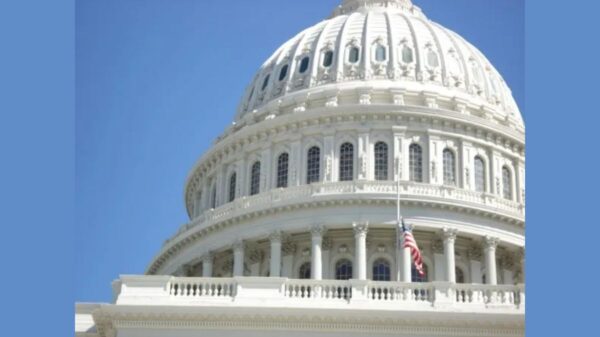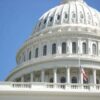By: Ben Jealous

Even Ron DeSantis had to admit, when pressed at a CNN townhall, January 6 was a bad day for America. Invariably, following this past week’s anniversary of the insurrection, we’re forced to ask ourselves: Will we ever be able to pull this country back together again? It’s a reasonable question. ensures run deep. For the answer to that big, terrible question, I turn to the history books. And to the history of our country that was long kept out of those books. In the wake of the Civil War, America was still a tinder keg. In 1867, two years after the Civil War had ended and nine years before another almost erupted, Frederick Douglass laid out the argument for why, as Americans, we should remain optimistic about our future and our ability to come together.
In “Our Composite Nation,” Douglass explained, a nation’s character is de ned by that nation at its best, not its worst. And America’s character (at our best), our geography, and our already diverse population “all conspire to one grand end” … to make us the most “perfect national illustration of the unity and dignity of the human family that the world has ever seen.”
It seemed a tall order in those tough times, as it does now. And yet close to 15 years a er he gave that speech, a new movement erupted in Petersburg, Virginia that swept across the old Commonwealth uniting freedmen and former Confederate soldiers in a shared quest to save the public schools. The Readjusters Party emerged amid an attempt by the old plantation owner oligarchs to reassert their influence, following the HayesTilden Compromise. e Compromise – which both prevented the possible outbreak of a second civil war and unleashed the terror of the Ku Klux Klan – resolved a bitter dispute over the election of 1876 and re-enfranchised former Confederates.
With the Confederates’ votes restored, the old oligarchs presumed their political power was assured. But they made a fatal mistake. They tried to dissolve the free public schools created by Black-led Reconstruction governments, claiming war debt made them unaffordable.









You must be logged in to post a comment Login